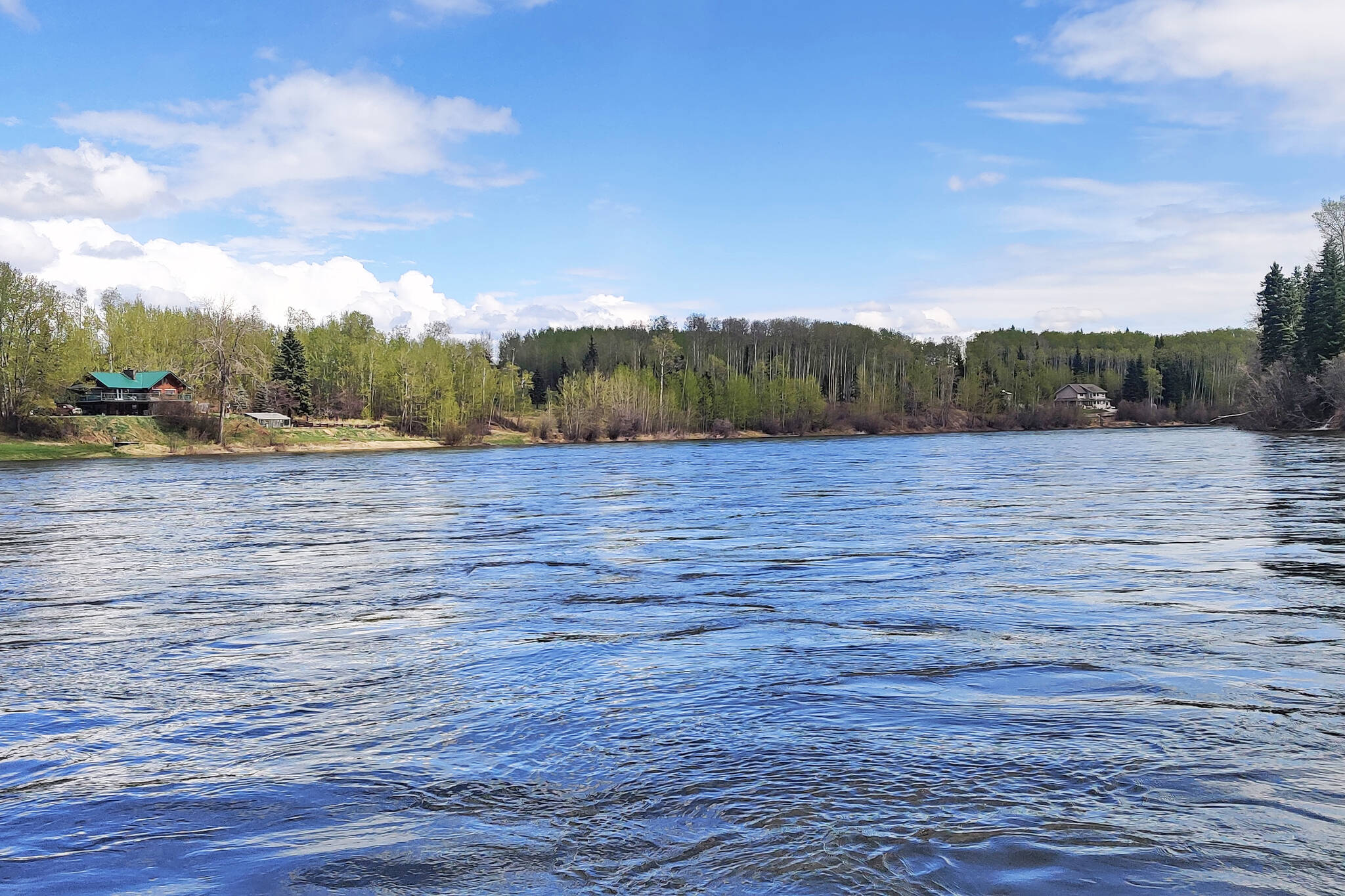The Saik’uz and Stellat’en First Nations announced Thursday that they will proceed with an appeal to the British Columbia Court of Appeal in their effort to hold Rio Tinto Alcan responsible for continuing harm to the Nechako River and its fisheries.
In a Jan. 7 ruling Justice Nigel Kent found that Rio Tinto’s management of Kenney Dam breaches constitutionally protected Aboriginal rights and continues to harm important Nechako fisheries — and the Indigenous cultures that depend upon them.
READ MORE: B.C. Supreme Court finds Nechako River ‘dramatically’ harmed by Kenney Dam
“Our Nations are going to do what it takes to restore the river and protect the fish that populate the Nechako watershed,” Saik’uz Chief Priscilla Mueller said. “It is a matter of key importance for us to defend our cultural inheritance for future generations.”
The First Nations will ask the Court of Appeal to review Justice Kent’s conclusion that the company could not be legally responsible for the impact since the dam and Rio Tinto’s operations were authorized by Canada and B.C.
At the time Rio Tinto defended itself from liability, arguing that the project was approved by federal and provincial regulators when it was constructed in the 1950s. The company claimed to have strictly complied with water release requirements and that any negative impacts on the Nechako are the result of federal and provincial regulations.
Between 70 and 80 per cent of the river was diverted from its regular course with the remaining released out of the Skins Lake Spillway into the Cheslatta River and Lake system which flows into the Nechako River downstream.
“Our people have seen the impacts of the dam on our rivers and our fisheries, we know natural flows need to be returned before it is too late. Rio Tinto has responsibilities as well as government, and all parties need to be held to their obligations,” Stellat’en Chief Robert Michell said. “Our way of life, culture and our future generations depend on it. We need the Courts to enforce our constitutionally protected rights.”
The plaintiffs will ask the Court of Appeal to order the restoration of flows to the Nechako River “that are sufficient to restore the natural functions of the river” and to support the fish populations dependent upon it.
Saik’uz Coun. Jackie Thomas is the named plaintiff for Saik’uz and was Chief when the case was brought in 2011. “We value the significance of the decision in our favour to affirm our rights and to establish accountability. The next step is to work on fixing this no longer justified infringement – for the future sustainability of the river,” Thomas said.
The Court did emphasize the Crown “has an obligation to protect the plaintiffs’ Aboriginal right to fish by taking all appropriate steps to protect the fish and to act honourably in doing so.”
The First Nations said they remain “ready to work with the federal and provincial governments” while pursuing their appeal to hold Rio Tinto responsible for the company’s role in harming their fisheries — including sockeye and the endangered Nechako White Sturgeon.
In a Feb. 4 response, a Rio Tinto spokesperson said, “Rio Tinto remains fully committed to working with the Saik’uz, Stellat’en Nations and other First Nations in the watershed to build mutually beneficial, respectful and transparent relationships in a spirit of reconciliation. We will continue to collaborate with First Nations, governments and other stakeholders on improving the health of the Nechako River.”
With files from Cole Schisler
RELATED: First Nations and RDBN sign MOU to restore health of Nechako river
Do you have a comment about this story? email:
michael.bramadat-willcock@ominecaexpress.com
Like us on Facebook

